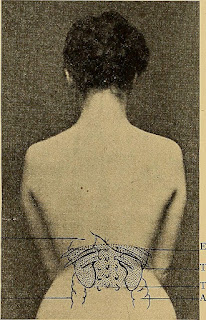Kidney stones are hard deposits of minerals and acid salts that stick together in concentrated urine. They can be painful when passing through the urinary tract, but usually don't cause permanent damage.
The most common symptom is severe pain, usually in the side of the abdomen, that's often associated with nausea.
Treatment includes pain relievers and drinking lots of water to help pass the stone. Medical procedures may be required to remove or break up larger stones.
The most common symptom is severe pain, usually in the side of the abdomen, that's often associated with nausea.
Pain areas: in the back or side part of the body
Pain types: can be severe, sharp, or sudden in the abdomen
Pain circumstances: can occur during urination
Gastrointestinal: nausea or vomiting
Urinary: blood in urine or frequent urination
Also common: sweating
Treatment includes pain relievers and drinking lots of water to help pass the stone. Medical procedures may be required to remove or break up larger stones.
 |
| Kidney Stones Treatment |
Treatment includes pain relievers and drinking lots of water to help pass the stone. Medical procedures may be required to remove or break up larger stones.
The most common symptom is severe pain, usually in the side of the abdomen, that's often associated with nausea.
Pain areas: in the back or side part of the body
Pain types: can be severe, sharp, or sudden in the abdomen
Pain circumstances: can occur during urination
Gastrointestinal: nausea or vomiting
Urinary: blood in urine or frequent urination
Also common: sweating
Treatment includes pain relievers and drinking lots of water to help pass the stone. Medical procedures may be required to remove or break up larger stones.
No comments:
Post a Comment